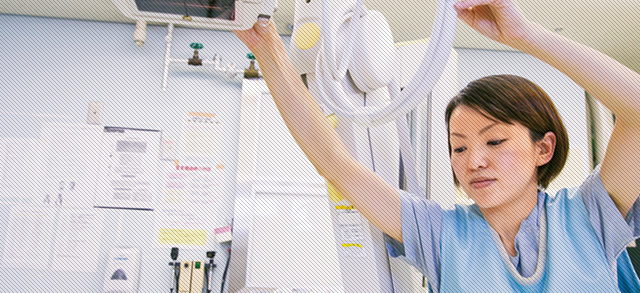Graduate School of Medicine
Staff Information

Wataru Nishimura
MD, PhD
Affiliation Campus:Narita
Profile (Career Summary)
1993 M.D., Okayama University, Okayama.
2001 - 2003 Assistant professor, Department of Medical Biochemistry, Tokyo Medical and Dental University, Tokyo.
2002 Ph.D., Okayama University, Okayama.
2003 - 2009 Research fellow, Joslin Diabetes Center, Harvard Medical School, Boston, MA.
2009 - 2014 Division chief, Department of Metabolic Disorders, Diabetes Research Center, Research Institute, National Center for Global Health and Medicine, Tokyo.
2014 - 2017 Associate professor, Division of Anatomy, Bio-imaging and Neuro-cell Science, Jichi Medical University, Shimotsuke.
2017 - Professor, Department of Molecular Biology, IUHW School of Medicine, Narita.
Specialized Field
Molecular biology, developmental biology, regenerative medicine, genetics
Message to Students
Approximately 425 million adults have diabetes. Our goal is to elucidate pathophysiology of diabetes for development of novel treatment. Our research projects include study of insulin-secreting pancreatic beta-cell biology, utilizing various genetically engineered mice and comprehensive gene expression analysis. We are recruiting graduate students to work together in new research facility here in IUHW.
Research Theme
Elucidation of molecular mechanism regulating development, differentiation and regeneration of pancreatic beta-cells.
Uncovering pathophysiology of diabetes for novel treatment
References
- Nishimura W, et al. Optical clearing of the pancreas for visualization of mature β-cells and vessels in mice. Islets 2018; 10: e1451282.
- Nishimura W, et al. Compensatory response by late embryonic tubular epithelium to the reduction in pancreatic progenitors. PLoS ONE 2015; 10: e0142286
- Nishimura W, et al. Demethylation of the MafB promoter in a compromised β-cell model. J Mol Endocrinol 2015; 55: 31-40
- Asahara S, et al. Paternal allelic mutation at the Kcnq1 locus reduces pancreatic β cell mass via epigenetic modification of Cdkn1c. Proc Natl Acad Sci USA 2015; 112: 8332-8337
- Hiramoto M, et al. Allele comparative analysis of type 2 diabetes-associated SNPs identifies allele-specific DNA-binding proteins for the KCNQ1 locus. Int J Mol Med 2015; 36: 222-230
- Nishimura W, et al. MafA is critical for maintenance of the mature beta cell phenotype in mice. Diabetologia 2015; 58: 566-574
- Nishimura W, et al. Generation and characterization of MafA-Kusabira Orange mice. Endocr J 2015; 62: 37-51
- Eto K, et al. MafA is required for postnatal proliferation of pancreatic β-cells. PLoS ONE 2014; 9: e104184
- Nishimura W, et al. Quantitative assessment of Pdx1 promoter activity in vivo using a secreted luciferase reporter system. Endocrinology 2013; 154: 4388-4395
- Li WC, et al. Activation of pancreatic duct-derived progenitor cells during pancreas regeneration in adult rats. J Cell Sci 2010; 123: 2792-2802
- Vetere A, et al. OVO Homolog-like 1 (OVOl1) Transcription factor: a Novel Target of Neurogenin-3 in pancreas. Diabetologia 2010; 53: 115-122
- Nishimura W, et al. Expression of MafA in early pancreatic progenitors is detrimental to the development of pancreas. Dev Biol 2009; 333: 108-120
- Jiang Y, et al. Postnatal expansion of the pancreatic b-cell mass is dependent on survivin. Diabetes 2008; 57: 2718-2727
- Nishimura W, et al. Preferential reduction of β cells derived from Pax6–MafB pathway in MafB deficient mice. Dev Biol 2008; 314: 443-456
- Nishimura W, et al. A switch from MafB to MafA expression accompanies differentiation to pancreatic β-cells. Dev Biol 2006; 293: 526-539
